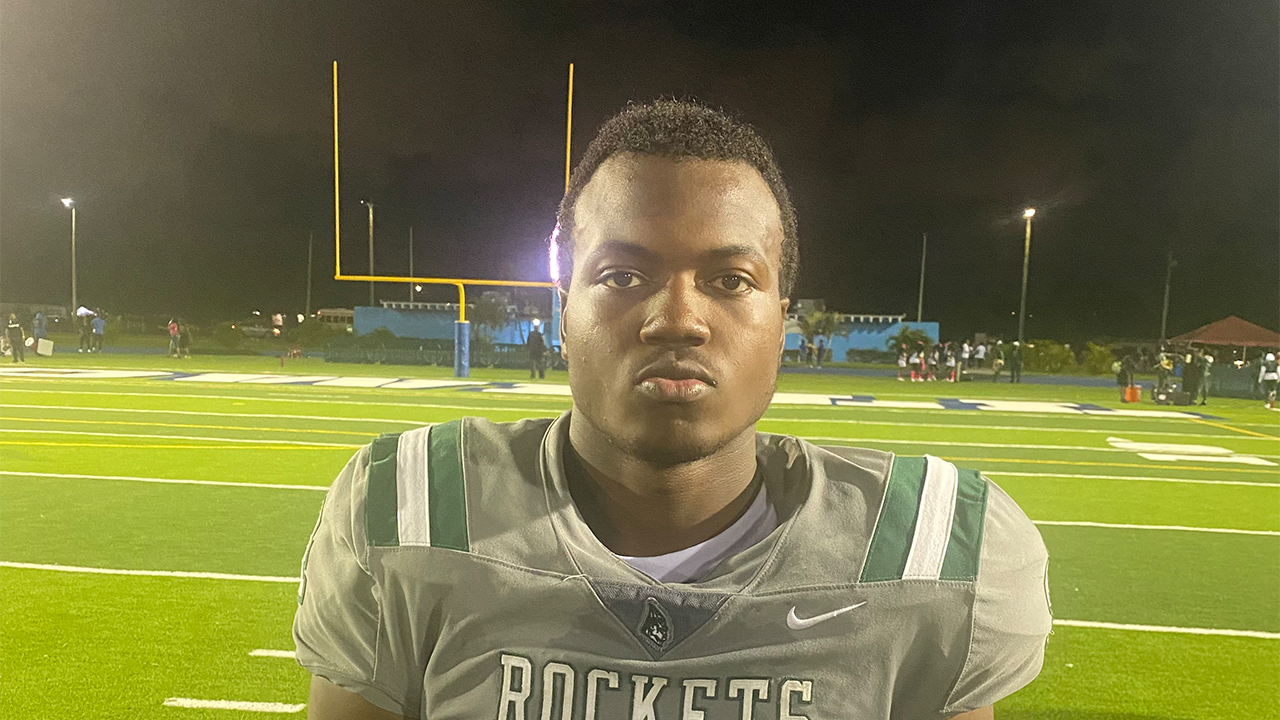Miami Heat go all-in with trade for Terry Rozier
The question was about the Miami Heat’s work in the community, and Erik Spoelstra answered by first pointing to the championship banners hanging above the practice court in a way that framed the day’s larger story.
“We’re all about those …” the Heat coach said.
Tuesday proved that again. The Miami Heat did Miami Heat things. They proved why, year after year, they’ve earned blue-ribbon status in town. Within hours of another ugly game in Orlando and with an internal headache growing beyond comfort, they took care of both with one heedlessly bold trade that says they’re all-in for this season.
The Miami Heat needed scoring? They got Terry Rozier’s 23.2-point average from Charlotte.
They needed a point guard? Rozier brings hefty 3-to-1 assist-to-turnover ratio.
And they needed to dump overpaid, overweight, over-age Kyle Lowry, who was unhappy coming off the bench. They sent the 37-year-old packing, along with the Heat’s real cost of the trade: a first-round draft pick.
This trade was many things, but it wasn’t cautious. Spoelstra and Heat president Pat Riley figured the time for front-office caution was gone, that recent performances looked so slow and painful on offense they had to take a swing to get tangibly better even if it doesn’t exactly level the rosters with Milwaukee or Boston in the Eastern Conference.
This, in short, isn’t one of Riley’s trades for a whale. Rozier clearly is not Shaquille O’Neal or LeBron James coming in the door. He isn’t Damian Lillard, who the Heat chased this offseason, or Bradley Beal, who was rumored to be coming for years.
Rozier, 29, is having career highs in both points and shooting percentage (45.9 percent), and he’s delighted to come to the Heat, as his recent Twitter mentions showed (he even reposted Udonis Haslem’s jersey retirement, like any Heat player would).
The question here is Rozier played for brutally bad Charlotte. So, was he just the best option on a bad team or has he cracked some personal code to be posting these career-high numbers?
He certainly makes this Heat lineup look more alive and this offense more interesting by coming in the door. The Heat ranks 25th in scoring. In a league where scoring 100 is a starting point for success, they’ve been under that number in four of their past six games.
It says something that rookie Jaime Vasquez Jr. has missed the past five games of that stretch. The offense looks noticeably slower, even sluggish, without him. One good rookie can mean that much?
Spoelstra will be part-coach, part-alchemist in coming weeks. He has lots of good, not great talents. He’ll attempt to turn lesser parts into the better team, just as he has in helping the Heat to the NBA Finals in two of the past four years.
“This’ll be fun,’’ Heat guard Tyler Herro said of playing with Rozier. “We should play well together. We can both play off the ball and on the ball. We can both dribble and drive and shoot. We’re both younger and can get up and down the floor.”
Herro smiled at that last idea. “We can play faster.”
And defense? That’s always been a bedrock piece of the Heat, but with a backcourt of Herro and the 6-foot-1 Rozier it might not be a strength. Still, the offense is the big concern so far this year, and Rozier helps that side.
“There’s some things that we have to figure out offensively,’’ Spoelstra said. “It’s never as bad as it looks like it was the other night (in Orlando).”
You have to love this move as a Heat fan. Lowry’s aging game didn’t get any magical elixir in his three Heat seasons. His $29 million salary only became valuable for some team as a cap slot, and Charlotte took the Heat’s offer.
The real loss for the Heat is the No. 1 pick next summer, but if this season ends where the Heat hope it won’t carry much value by NBA standards. That’s not a guarantee, though. That’s the wonderfully bold idea of this trade.
Rozier improves the Heat. His arrival also tells the team that management is all-in this season. Some franchises in town have three- and five-year plans. The Heat don’t think that way. They’re all-in most every year.
If they come up a short by their standards, as they did in the Finals last spring, they believe they’ll figure it out again the next year. That’s what Tuesday’s trade was really about. The Heat did a Heat thing.



:max_bytes(150000):strip_icc():focal(749x0:751x2)/kim-kardashian-Lionel-messi-miami07212309-beada22c942642d0b8a2773ff292aa32.jpg)